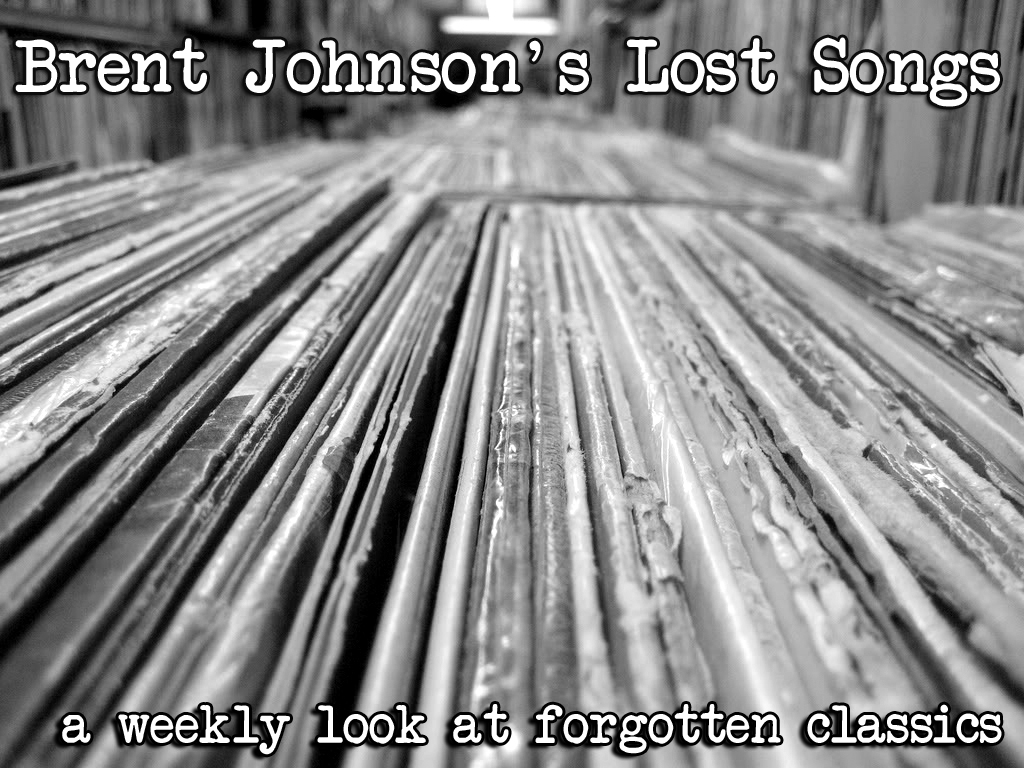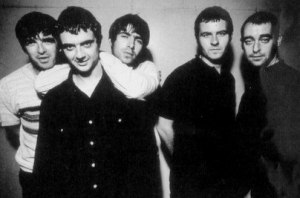jason stives fills in for brent johnson with an underrated track from the Britpop scene of the 1990s …
With our recent coverage this summer, it’s easy to tell Pop-Break has much love for Liam and Noel Gallagher, and their band Oasis.
Oasis will no doubt have a brief chapter in rock’s evolution in the ’90s, but their infamous nature of being rowdy, sardonic, would-be gods from Manchester heavily splits their public image and overall legacy. Seven albums, countless hit singles both home and abroad, and sold-out world tour for almost 20 years, Oasis did something most bands failed to do from that period: survive, if only by small threads. The continuous battle between both Noel and Liam almost crippled the band on multiple occasions before finally coming to ahead in August 2009 when Noel abruptly quit the band to head out on a solo career.
However, their biggest highs and lows were premeditated and happened long before their actual demise. Oasis’ sudden fall from grace rode off their own maniacal ideals. The band was at best befallen by their biggest folly — which was their own desire to be as great or even greater than their idols, The Beatles (Noel once decreed that the band were in FACT bigger than God at one time in very Lennon-esque fashion).
Circa late 1996, it was hard to shake a finger at their own beliefs. Oasis had become in a way one of the biggest bands in the world and the only band of the Britpop movement to penetrate American soil thanks to their second album, What’s the Story (Morning Glory?), which became the band’s best-selling album in America to date. Riding off a recent capture of the title of best band in Britain and two record setting shows at Knebworth, their third album was poised to be the most hotly anticipated album in England ever.
Upon its release in August 1997, Be Here Now was met with the best opening sales week in British history, selling some 800,000 copies. Reviews upon release praised the band’s progress and the overall thematic structure that it possessed. However, as time passed, sales became fewer and opinion was deduced to the belief that the album was merely bloated and overproduced, a self-indulgent look at rock and roll life through the Tony Blair generation. The album to date has sold some 8 million copies, which is not bad, but considering that Morning Glory sold some 14 million worldwide, it shows that the band’s following had been rendered fatigued by embellishment.
Upon a recent relisten, it is hard to disagree with critics and fans alike. While the tracks are solid, they are overproduced and most of the songs are way too long for their own good. As great of a track that “All Around The World” is, at over 9 minutes long, it should’ve been cut greatly. However, there is some major quality in what was being written and produced, but the desire to make it better than previous efforts and the best that could be anticipated hurts tracks like “My Big Mouth,” “D’You Know What I Mean?” and “Stand By Me.”
However, one of the milder and most underrated tracks is also the shortest. Titled “I Hope, I Think, I Know” is vintage Oasis, which at that point based on this album would have been refreshing. Featuring Noel’s sonic fluttering guitar melody, Alan White’s thumping back beat, and Liam’s anathematic vocals, it’s a great snapshot of the last hoorah of the most famous lineup of the band, who would see changes shortly after they finished the “Be Here Now” World Tour in late 1998. It’s also the last vital vision of what most people believed to be a truly great band. Subsequent albums were hit-or-miss, even though they still sold and still mattered in rock music for another decade. Even now, with both brothers in their respected and mildly successful projects, Oasis still matters.



